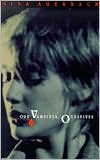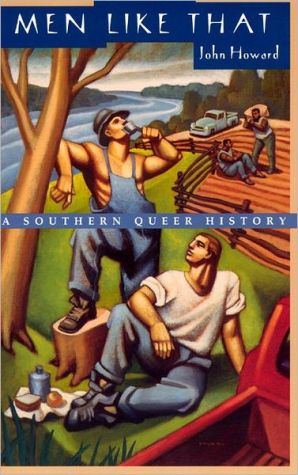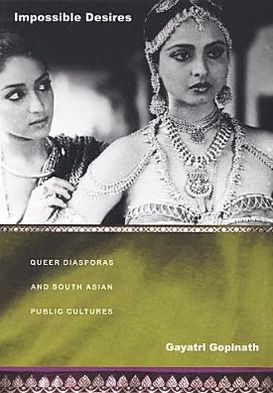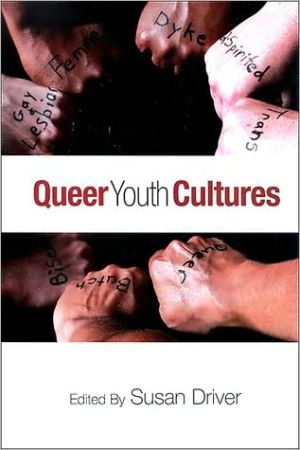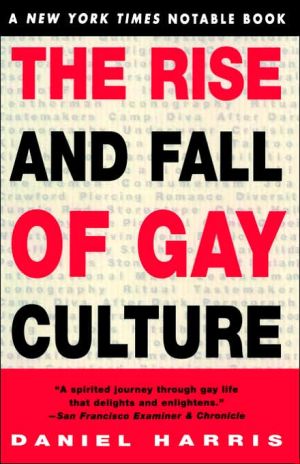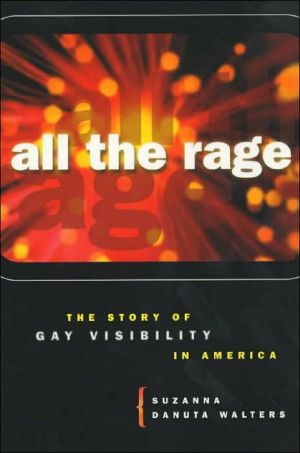Our Vampires, Ourselves
Sometimes bewitchingly erotic, sometimes repellent, sometimes ravenous, vampires embody their societies' fears and forbidden dreams. In this wry, original book, literary critic and vampire enthusiast Nina Auerbach shows how every age embraces the vampire it needs and, at the same time, gets the vampire it deserves.
Search in google:
Nina Auerbach shows how every age embraces the vampire it needs, and gets the vampire it deserves. Working with a wide range of texts, as well as movies and television, Auerbach locates vampires at the heart of our national experience and uses them as a lens for viewing the last two hundred years of Anglo-American cultural history. "[Auerbach] has seen more Hammer movies than I (or the monsters) have had steaming hot diners, encountered more bloodsuckers than you could shake a stick at, even a pair of crossed sticks, such as might deter a very sophisticated ogre, a hick from the Moldavian boonies....Auerbach has dissected and deconstructed them with the tender ruthlessness of a hungry chef, with cogency and wit."—Eric Korn, Times Literary Supplement "This seductive work offers profound insights into many of the urgent concerns of our time and forces us to confront the serious meanings that we invest, and seek, in even the shadiest manifestations of the eroticism of death."—Wendy Doniger, The Nation "A vigorous, witty look at the undead as cultural icons."—Kirkus Review "In case anyone should think this book is merely a boring lit-crit exposition...Auerbach sets matters straight in her very first paragraph. 'What vampires are in any given generation,' she writes, 'is a part of what I am and what my times have become. This book is a history of Anglo-American culture through its mutating vampires.'...Her book really takes off."—Maureen Duffy, New York Times Book Review Library Journal Literary scholar and vampire enthusiast Auerbach (Forbidden Journeys, LJ 4/15/92) poses this book as a history of the Anglo-American culture through its ever-changing vampires. Tracing the evolution of vampires from 19th-century England through 20th-century America, Auerbach makes a number of new and interesting observations that will undoubtedly spur future scholarly discourse on vampirology. From depictions of vampires by Lord Byron down to those of Stephen King and Anne Rice and their various adaptations throughout literature or film, Auerbach illustrates how vampires are personifications of their age, reflecting and embodying social, political, and cultural change. Auerbach's interjections of personal and political points of view may raise questions about objectivity, but her compelling assertions definitely whet the appetite for further exploration and analysis of vampires and culture. Recommended for most public libraries.-Jeris Cassel, Rutgers Univ. Libs., New Brunswick, N.J.
AcknowledgmentsIntroduction: Living with the Undead11Giving Up the Ghost: Nineteenth-Century Vampires112Dracula: A Vampire of Our Own613Our Vampire, Our Leader: Twentieth-Century Undeaths994Grave and Gay: Reagan's Years163Notes193Index221
\ Library JournalLiterary scholar and vampire enthusiast Auerbach Forbidden Journeys, LJ 4/15/92 poses this book as a history of the Anglo-American culture through its ever-changing vampires. Tracing the evolution of vampires from 19th-century England through 20th-century America, Auerbach makes a number of new and interesting observations that will undoubtedly spur future scholarly discourse on vampirology. From depictions of vampires by Lord Byron down to those of Stephen King and Anne Rice and their various adaptations throughout literature or film, Auerbach illustrates how vampires are personifications of their age, reflecting and embodying social, political, and cultural change. Auerbach's interjections of personal and political points of view may raise questions about objectivity, but her compelling assertions definitely whet the appetite for further exploration and analysis of vampires and culture. Recommended for most public libraries.-Jeris Cassel, Rutgers Univ. Libs., New Brunswick, N.J.\ \ \ \ \ BooknewsAuerbach (English, U. of PA) looks at the meaning of the vampire in the past 200 years of Anglo-American cultural history, examining text, film, and television sources to show how every age embraces the vampire it needs. She explores conceptions of the vampire in relation to changing ideologies of power, and discusses the rebirth of the vampire tradition in queer theory. Annotation c. Book News, Inc., Portland, OR (booknews.com)\ \
